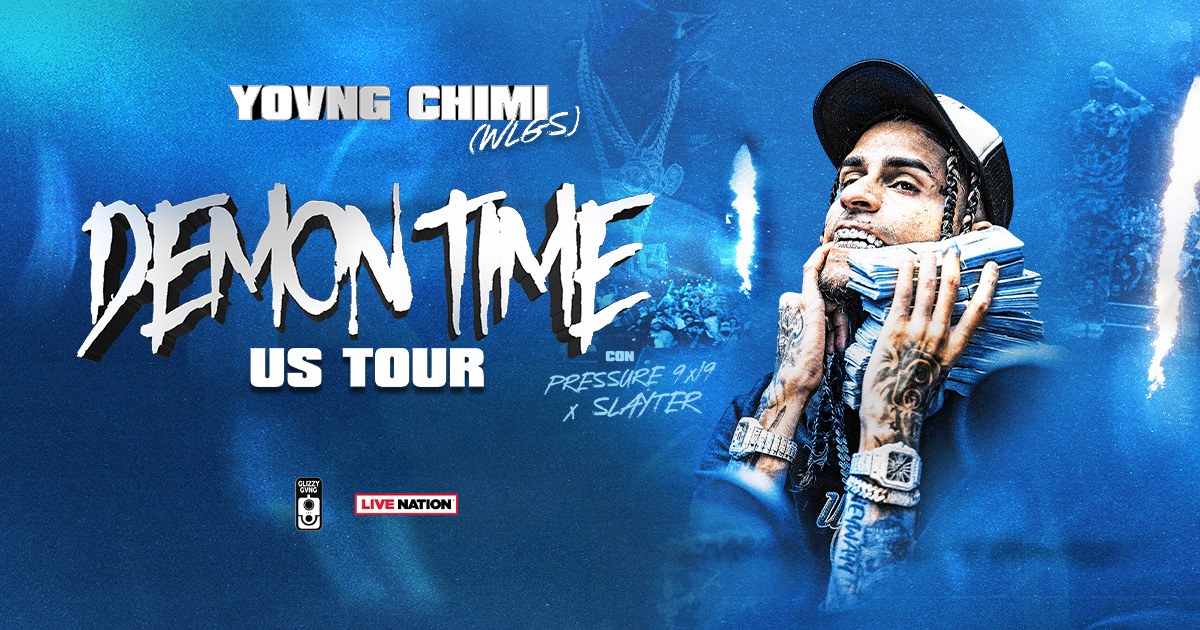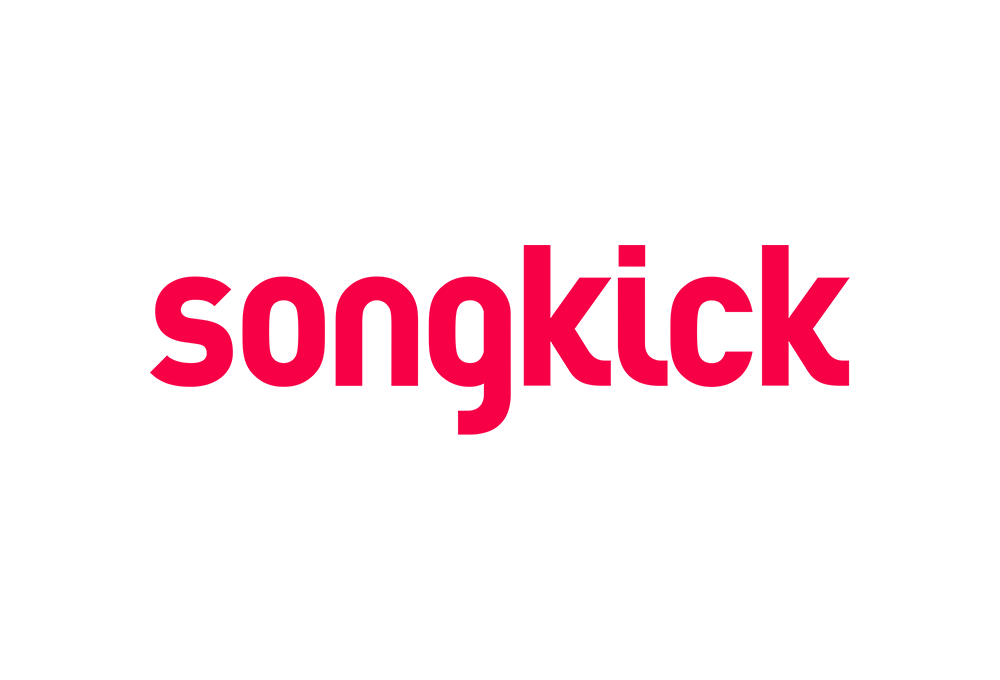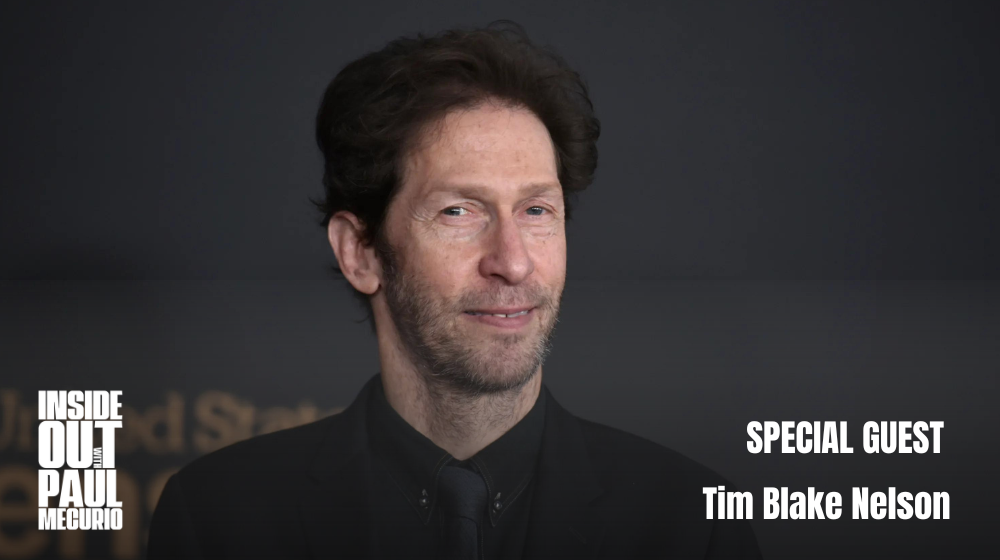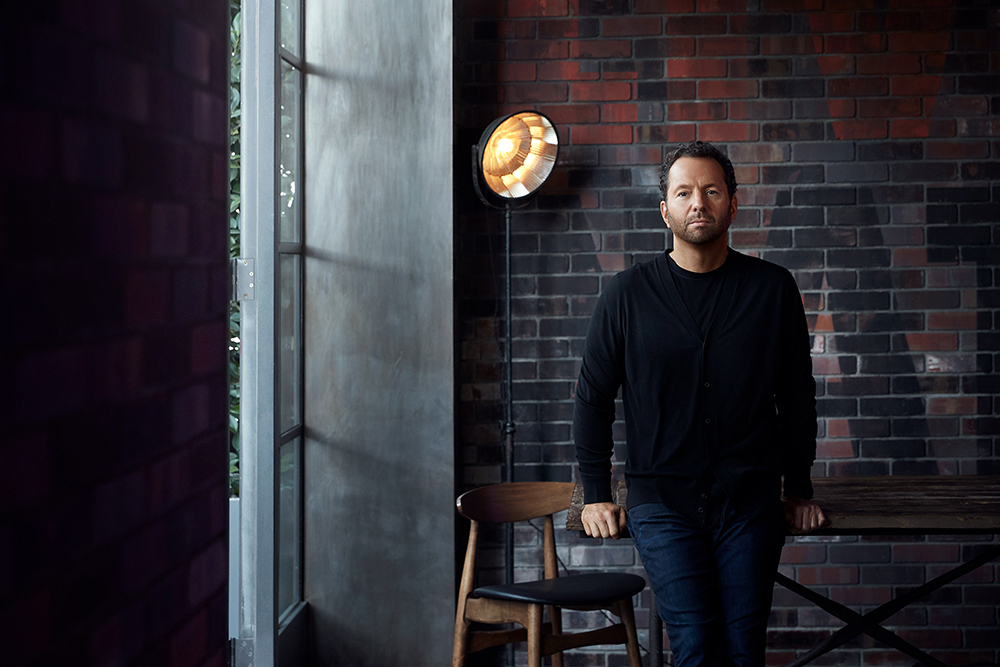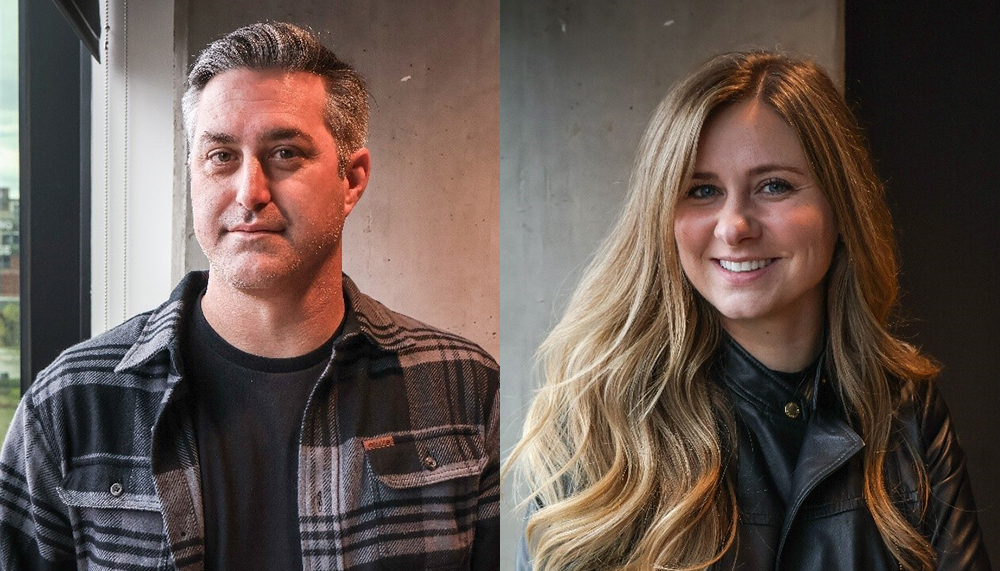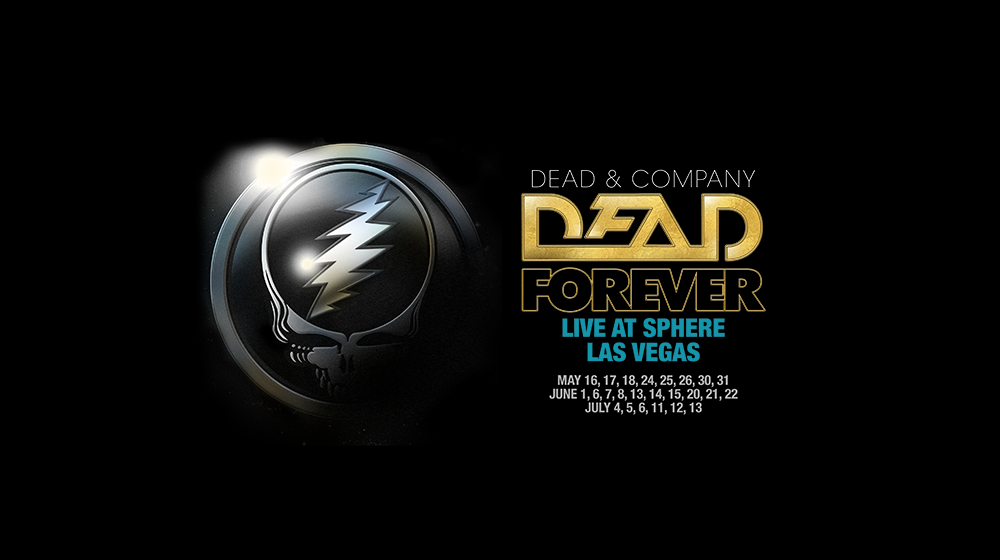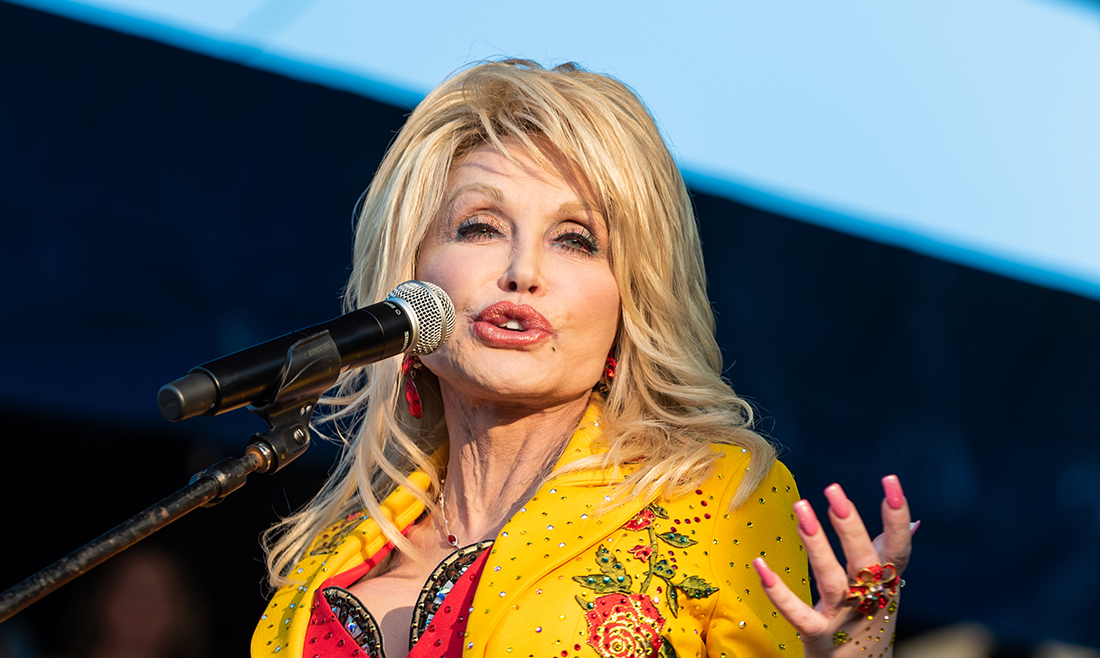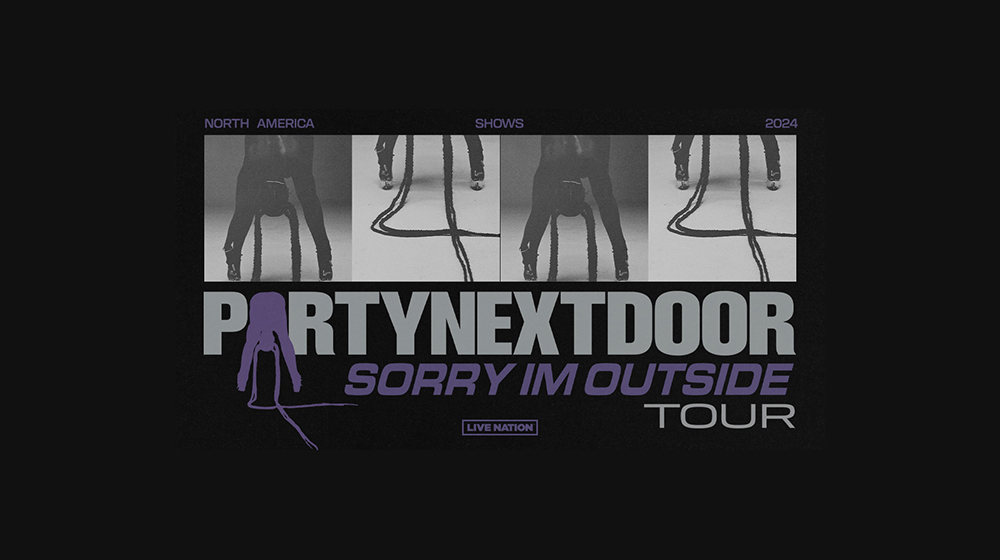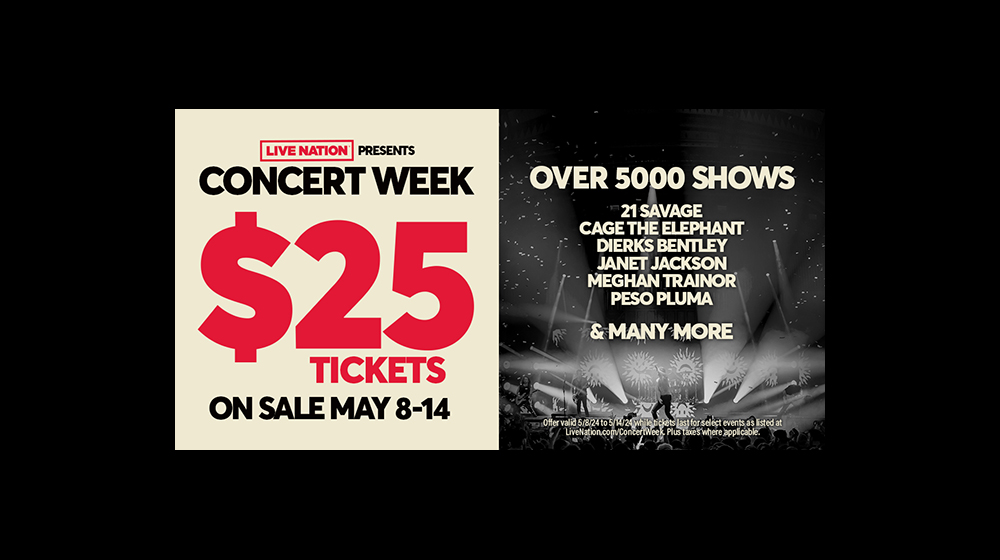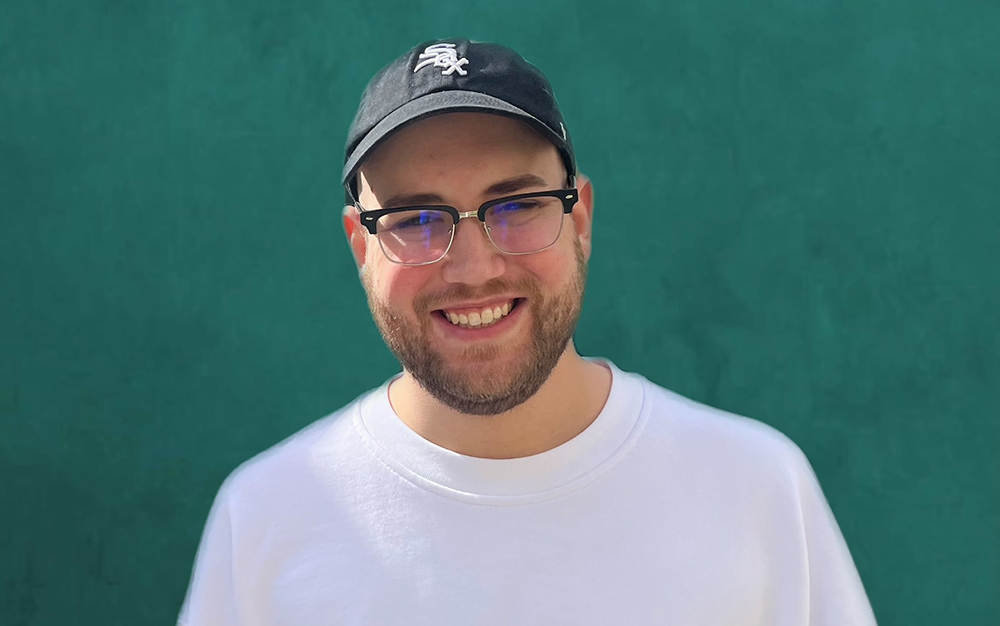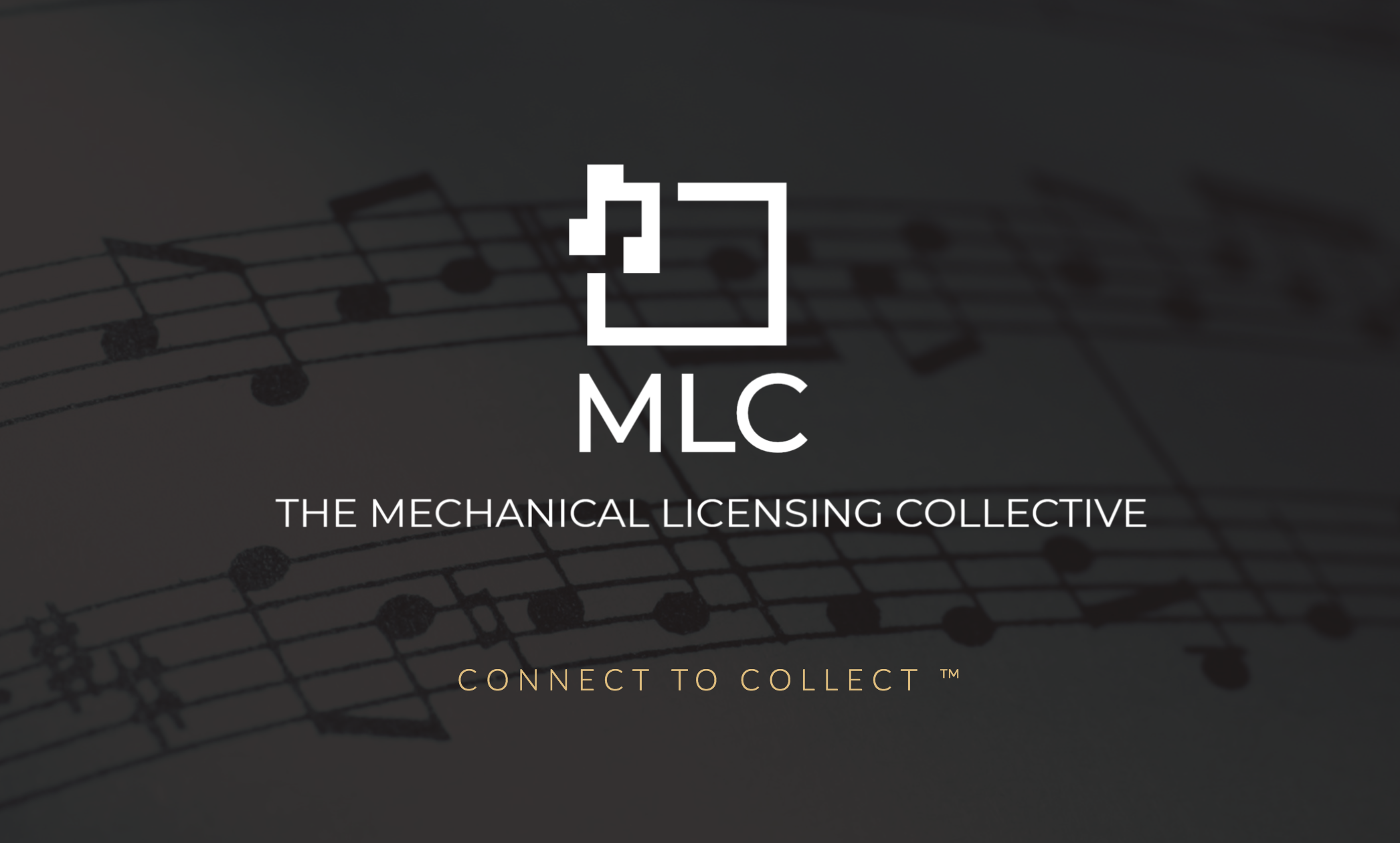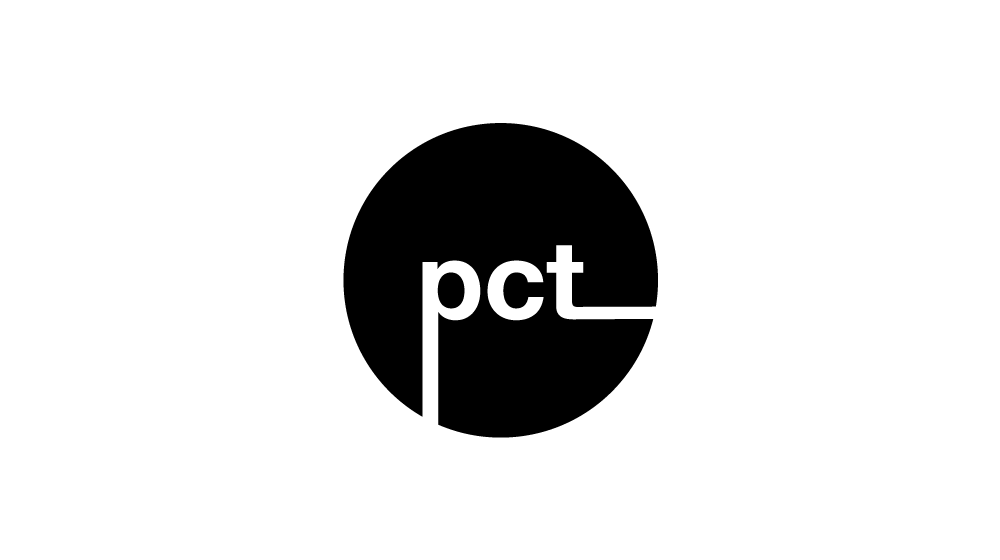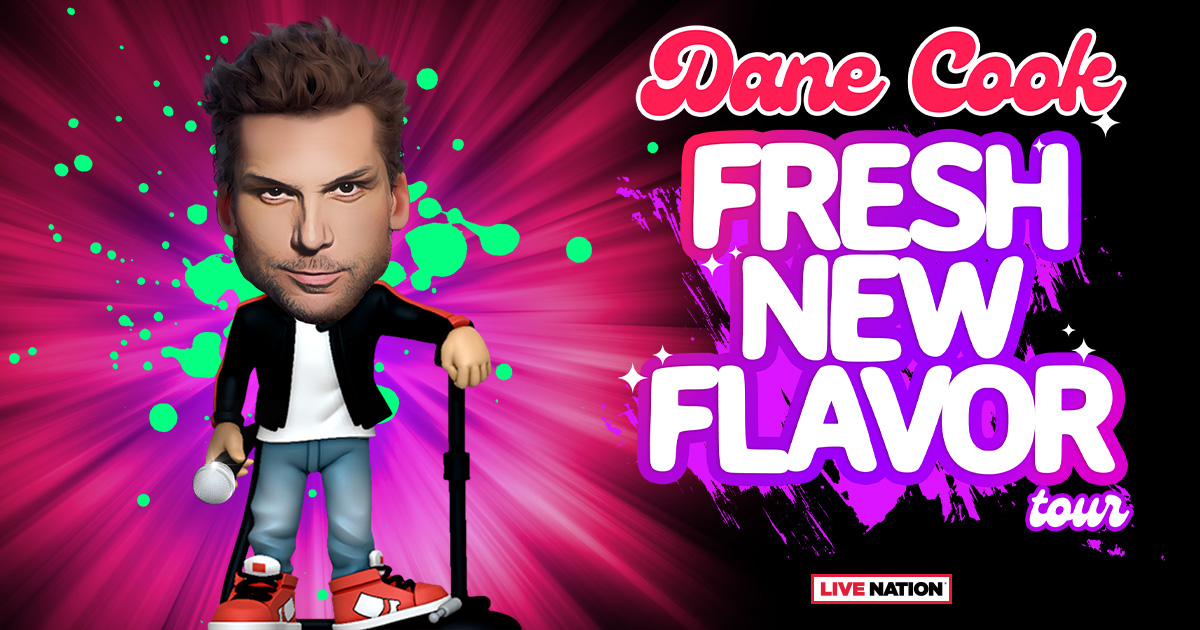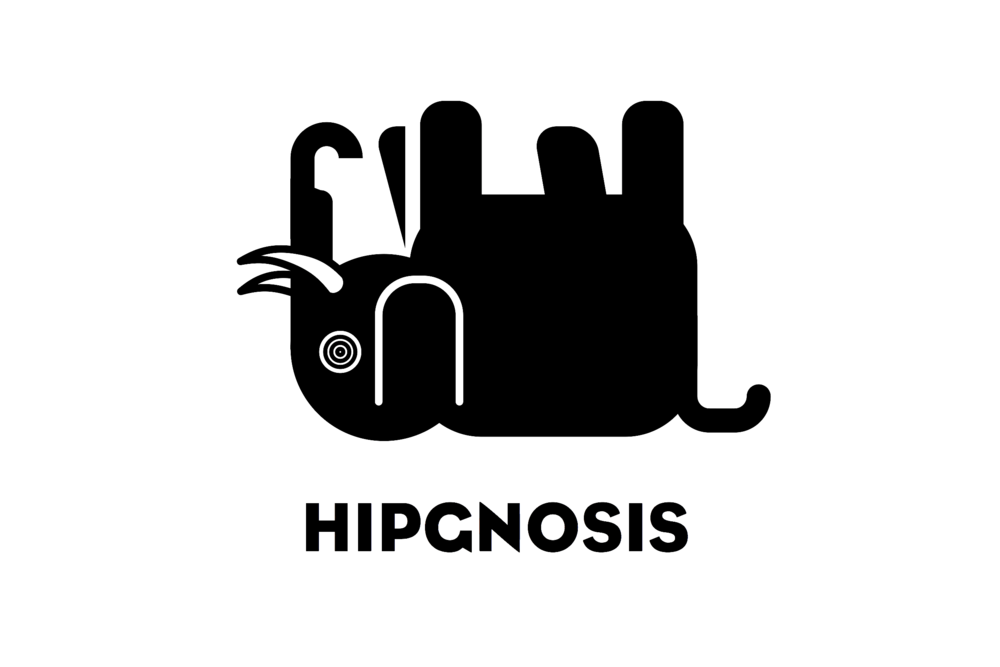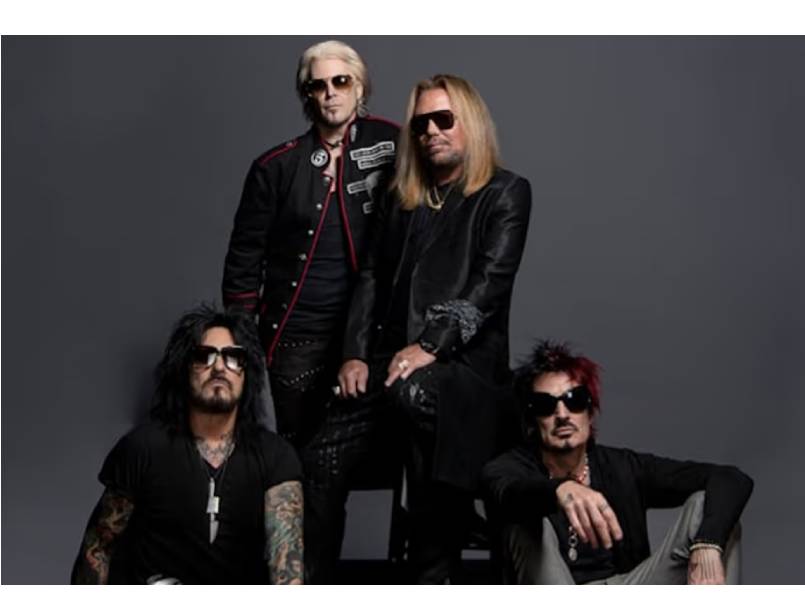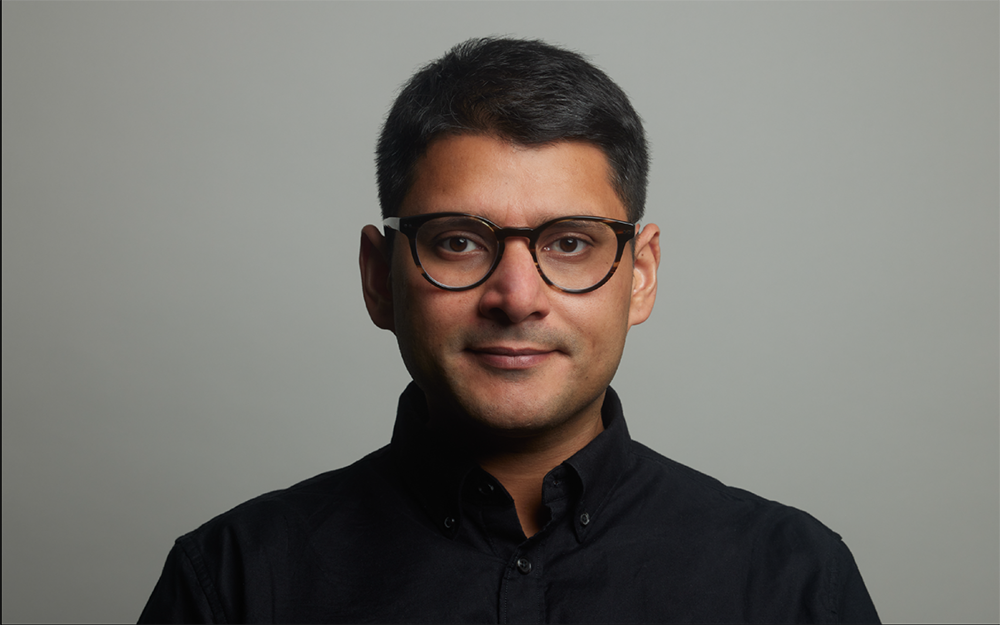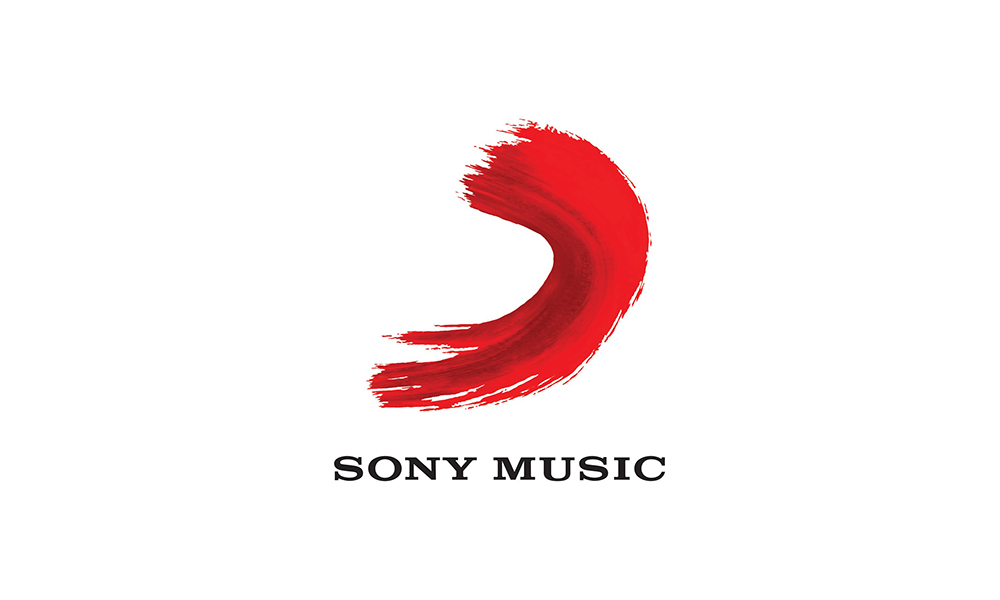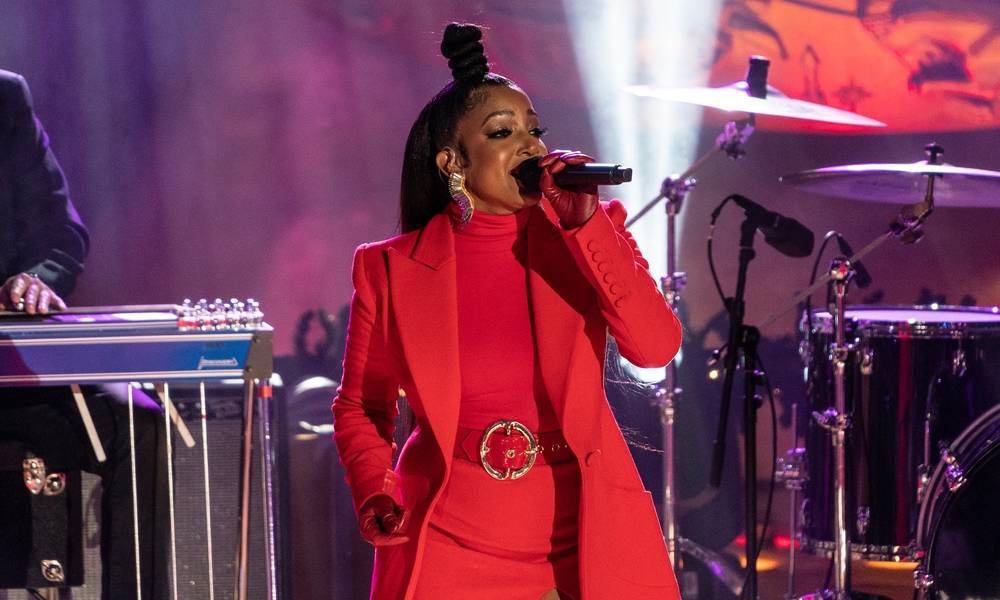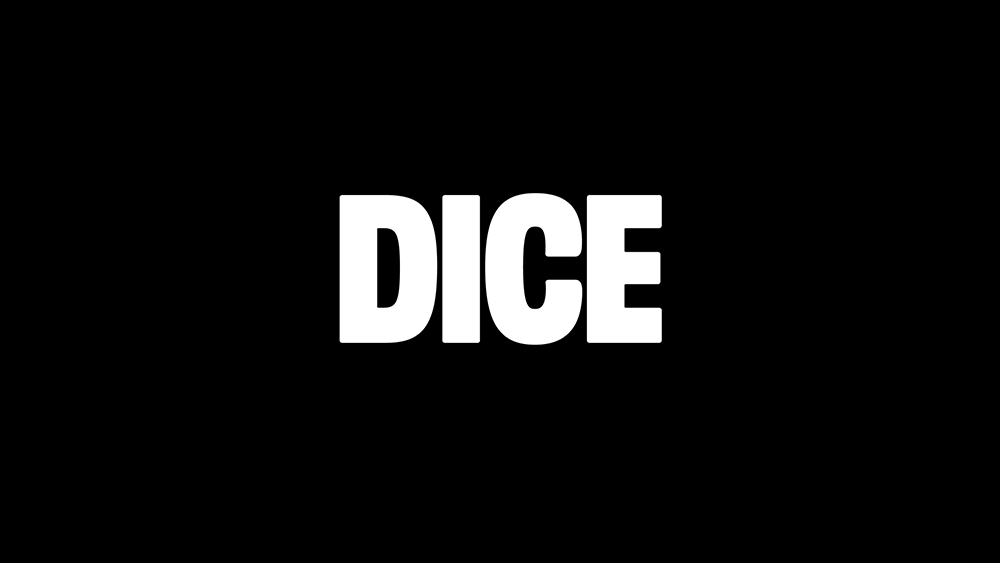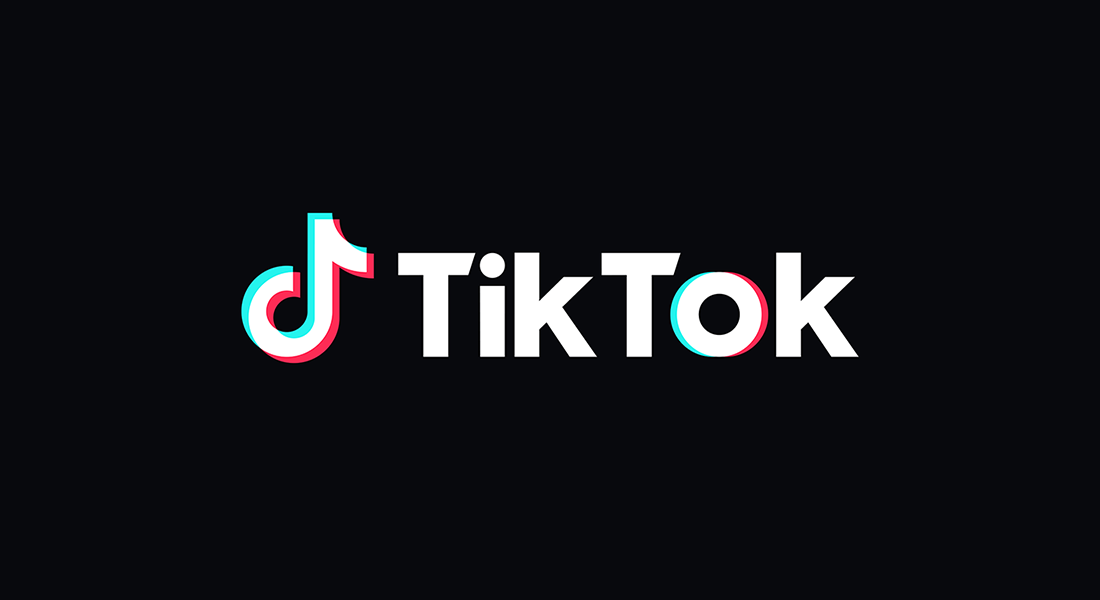LOS ANGELES (CelebrityAccess) — Lucian Grainge, CEO of Universal Music Group, has been at the forefront of the recorded music industry’s technological revolution for decades.
Grainge, who was one of the earliest supporters of the shift to digital streaming, played a significant role in getting Spotify licenses with major labels in 2011.
“The fact is that much of the industry was scared to make the shift to an [streaming] access model,” Grainge told the New Yorker’s John Seabrook in a recent interview. “And I understand why. When your whole existence has been based on a wholesale retail-transaction model, a fundamental shift like that can be terrifying.”
Now Grainge, and UMG, are making a major bet on generative A.I. through collaborations with companies like Endel and YouTube to experiment with AI-generated music, sparking discussions about copyright issues and artist apprehensions.
Despite these challenges, Grainge remains optimistic about the potential of AI to enhance creativity and broaden musical horizons.
One such venture is Dream Track, which features a group of YouTube creators who would use A.I.-generated versions of the voices and songwriting styles of nine well-known singer-songwriters, including John Legend, Demi Lovato, Alec Benjamin, Charlie Puth, Charli XCX, Sia and Troye Sivan, to create 30 second short features for YouTube.
The content creators would use text prompts to pose ideas for songs to the A.I. system which would then use licensed content from the selected artists to create ‘new’ 30-second songs as a soundtrack for their short-form content. The songs generated through Dream Track would be carefully monitored to avoid the use of questionable material that might be objectionable to the participating artist and the songs will be watermarked using SynthID.
As the New Yorker noted, the project for Grainge represented a compelling experiment on monetizing synthetic voices, but he conceded that he has reservations about the technology and its implications for copyright and right to likeness.
“I personally think legislation is critical,” Grainge told the New Yorker following the passage of the No AI Fraud Act, a recently passed bill that seeks to protect artists voices from artificial duplication.
Grainge also highlighted UMG’s focus on health and wellness projects that UMG is undertaking with several startups, including one that uses sub-audible frequencies in music to affect the regions of the frontal lobes that affect pain and reduce stress.
“I think we’ve got it. I believe that we’ve got a product that over a twelve-minute period will be as effective as a valium,” Grainge told the New Yorker, noting that the new technology will be “brilliant for catalog.”




















